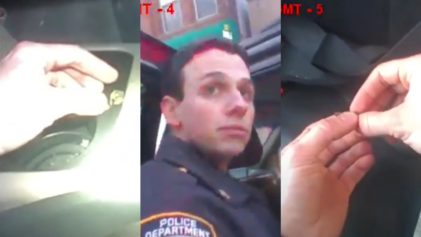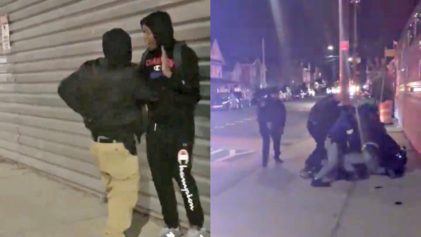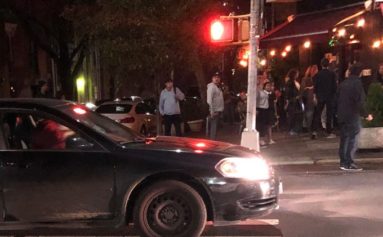
“The police could not have monitored New Jersey for Muslim terrorist activities without monitoring the Muslim community itself,” Judge William Martini, a President George W. Bush appointee, wrote in his controversial decision. “The motive for the program was not solely to discriminate against Muslims, but rather to find Muslim terrorists hiding among ordinary, law-abiding Muslims.”
Martini went further by writing that any harm suffered by the Muslim community was not the fault of the police but of the Associated Press, which broke the story about the surveillance program, winning a Pulitzer Prize in 2012 for the series.
According to the AP stories, after the Sept. 11 attacks in 2001, the NYPD made maps of local Muslim communities, spied on Muslim student organizations, and monitored Muslim businesses, all without evidence of a specific crime or intent to commit one. After all that activity, an NYPD official admitted that the program never resulted in a single investigation.
The lawsuit was initiated by a Muslim civil rights group and the Center for Constitutional Rights. But Martini dismissed the suit, partly hinging his ruling on a 2009 Supreme Court decision dismissing a lawsuit against federal officials over the detention of Arab Muslim men after Sept. 11.
“It should come as no surprise that a legitimate policy directing law enforcement to arrest and detain individuals because of their suspected link to the attacks would produce a disparate, incidental impact on Arab Muslims, even though the purpose of the policy was to target neither Arabs nor Muslims,” Justice Anthony Kennedy wrote in that decision.
“Judge Martini seems to say that even if the NYPD selected these locations because they were frequented by Muslims, that would be OK, because the goal of the surveillance was to identify terrorist activities within the Muslim community. But that seems to me quite a different matter,” Samuel Bagenstos, a law professor at the University of Michigan and former official in the civil rights division of the Justice Department, told MSNBC. “A police department cannot specifically target African-Americans for surveillance on the ground that the department is seeking to identify crime within the Black community.”
Baher Azmy, legal director at the Center for Constitutional Rights, was incensed by the ruling, saying it “sanctions the widest form of racial profiling that I’ve seen in a District Court opinion in a long time.”
Azmy told MSNBC the ruling brought to mind Supreme Court Justice Hugo Black’s opinion upholding the internment of Japanese-Americans during World War II.
“To cast this case into outlines of racial prejudice, without reference to the real military dangers which were presented, merely confuses the issue. [Japanese-American Fred] Korematsu was not excluded from the Military Area because of hostility to him or his race,” Black wrote. “He was excluded because we are at war with the Japanese Empire[.]”
Azmy said Martini similarly justified NYPD surveillance of Muslim communities on the grounds that there might be Muslim terrorists hiding among them.
“This is Justice Black’s opinion in Korematsu: ‘We’re not interning them because they’re Japanese, we’re interning them because we’re at war,’” Azmy said. “We will undoubtedly appeal. This decision cannot stand as is.”


